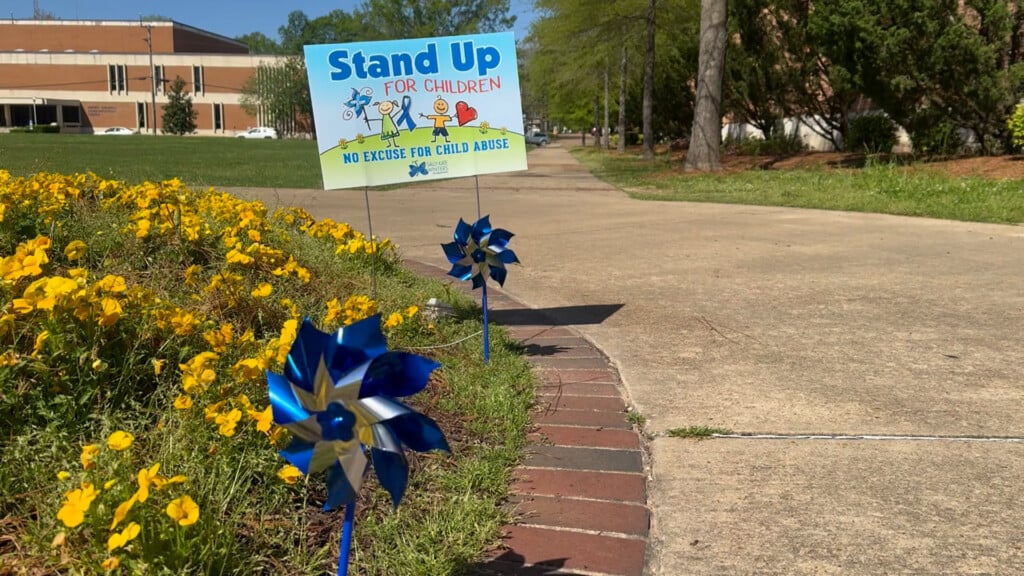The Power Of The Paddle
SMITHVILLE, Miss. (WCBI) – Many parents remember growing up and fearing a paddling at school.
Now, it’s rare to see that happening in a school hallway. The policy on corporal punishment seems to vary from school to school and state to state.
Some teachers find it useful, others believe different punishments work. Either way, the goal is to make the student realize a mistake was made.
“We do have corporal punishment but it’s just one form of discipline we use, there are a variety of others,” said Smithville High School Principal Chad O’Brian.
Corporal punishment is becoming less common in many parts of the country, but it’s still used in the Twin States.
“For minor offenses whether that be things like tardiness or throwing paper in class, being disruptive in class those kinds of things are covered as an option with corporal punishment,” said O’Brian.
O’Brian says it can be a painful method but it’s one the student prefer.
“A lot of the children actually would rather take corporal punishment. When they get into detention or they get into being out of school or whatever then they are going to start missing extra curricular activities, ball games can’t participate, can’t come to games and those kinds of things. They would rather just, for lack of a better term get it over with,” said O’Brian.
Alabama and Mississippi are 2 of the 19 states that still allow spanking. There have been reports of abuse at other schools, but it’s rare.
It can be a controversial topic.
In fact, Caledonia Middle has the option to paddle on the books. However, they choose other options.
“We just do another approach. We do the proactive positive approach towards students, making them responsible for their own behavior. We have words of wisdom here which we use character education. Hopefully we’re getting to students building their own character and being responsible for their own behavior,” said Caledonia Middle School Principal Karen Pittman.
If a paddling is used, schools must get the parent’s permission and have a witness present.
O’Brian says though they do pick up the paddle from time to time it’s only to better the students who’ve chosen that punishment.
“It’s never administered for reasons of revenge or anything like that, that’s not part of the equations with discipline regardless of what it is, whether it’s corporal punishment or whatever. Discipline is designed to change behavior and that’s all the corporal punishment is designed to do, like I said if a kid here takes a paddling it’s because they chose to take one,” said O’Brian.
The last state to abolish corporal punishment was New Mexico in 2011.





Leave a Reply